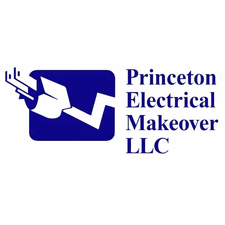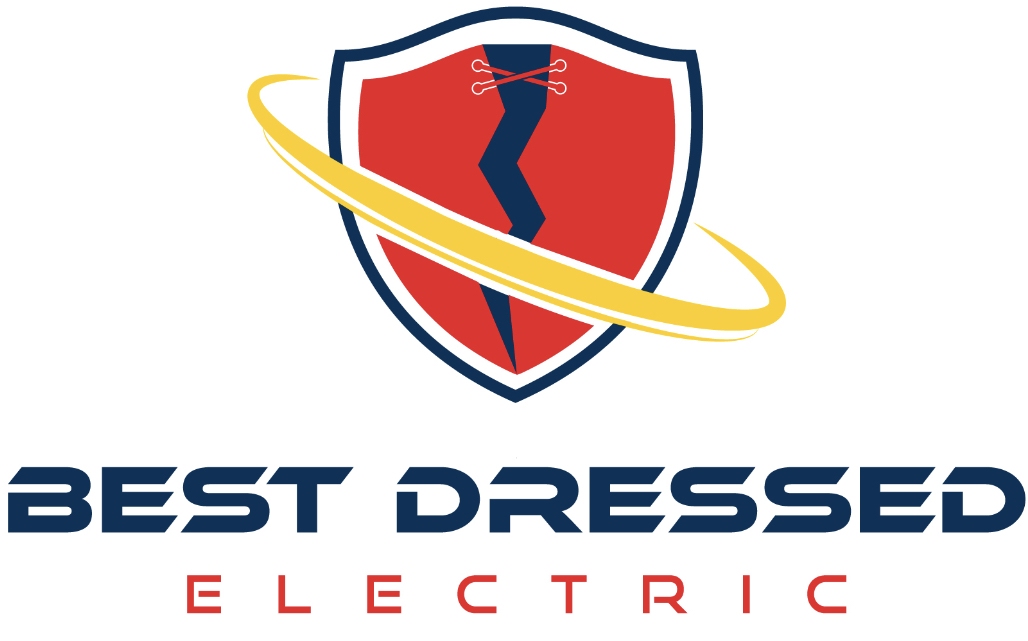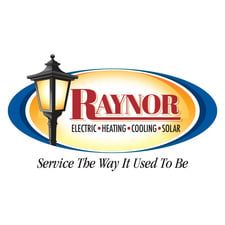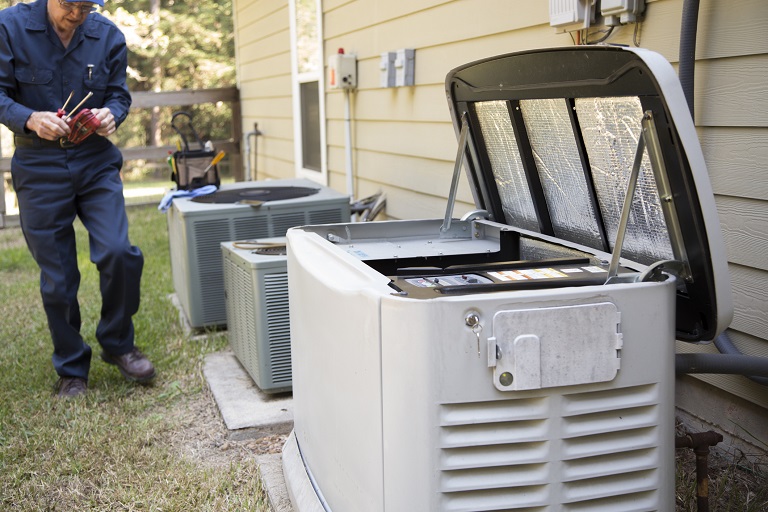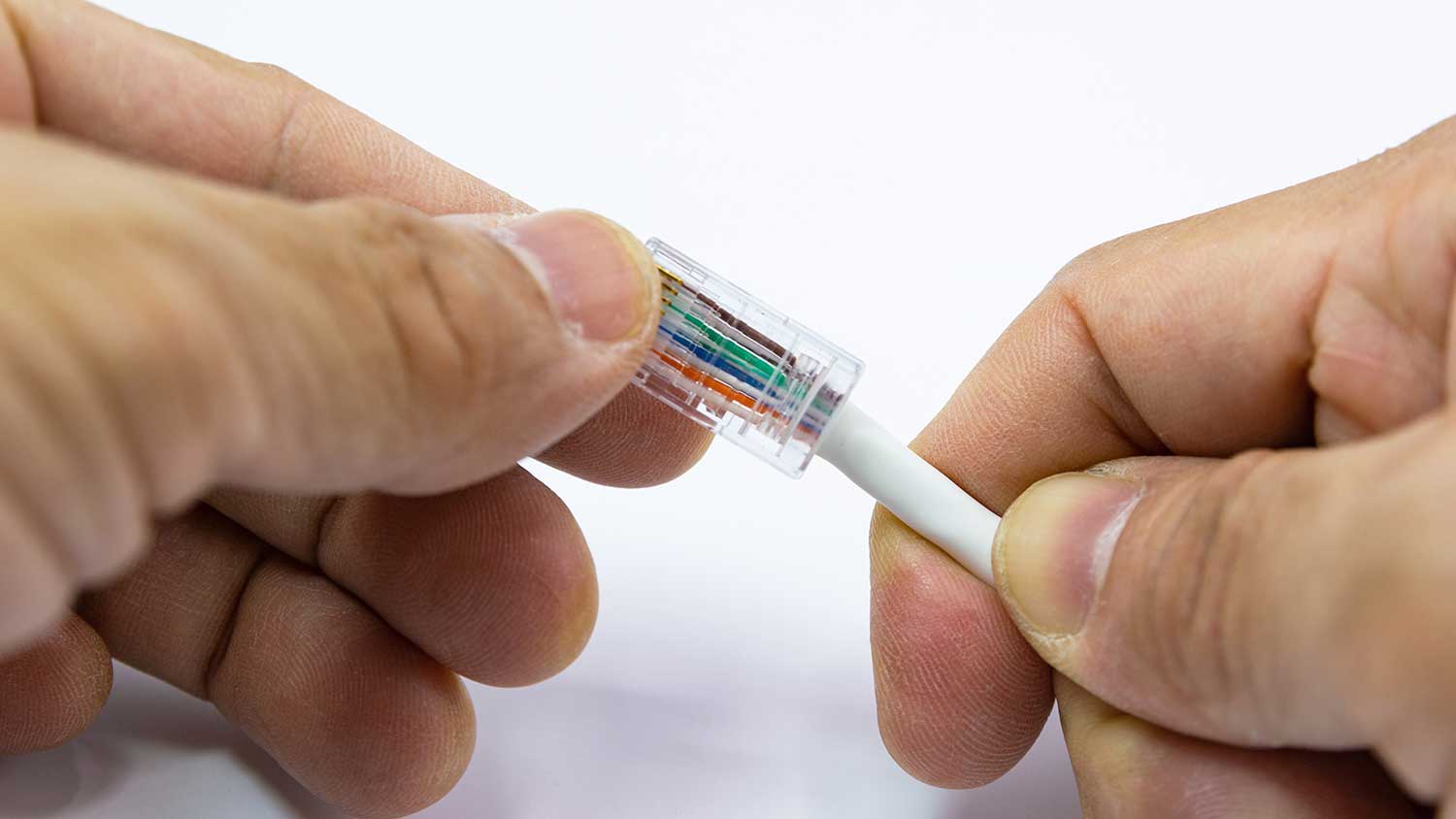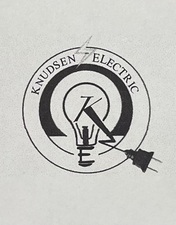
Knudsen Electric,LLC
Knudsen Electric,LLC
We are a locally owned and operated company with 15+ years of industry experience. We value honesty and integrity, and stand behind our work. We specialize in both interior and exterior. We pride ourselves on the quality of our work as well as our commitment to outstanding results. We look forward to building long-term relationships with our clients and guarantee your satisfaction!
"Electrical contractor was top level Pro in all aspects. Quality, price, courtesy! The crew cleaned up more than needed to and kept my updated and involved in every step of the large private property project. "
Tony S on October 2025
We are a locally owned and operated company with 15+ years of industry experience. We value honesty and integrity, and stand behind our work. We specialize in both interior and exterior. We pride ourselves on the quality of our work as well as our commitment to outstanding results. We look forward to building long-term relationships with our clients and guarantee your satisfaction!
"Electrical contractor was top level Pro in all aspects. Quality, price, courtesy! The crew cleaned up more than needed to and kept my updated and involved in every step of the large private property project. "
Tony S on October 2025







